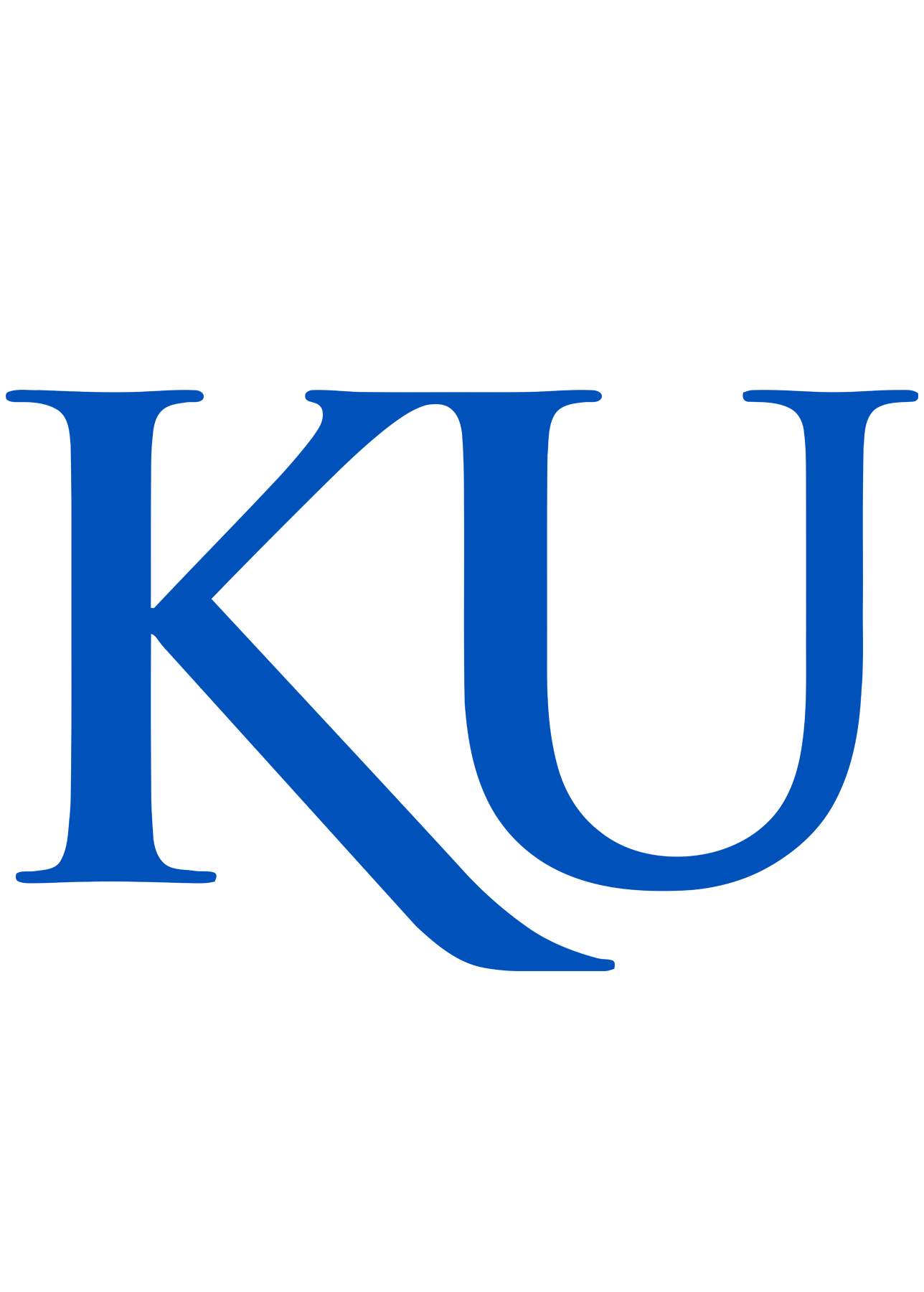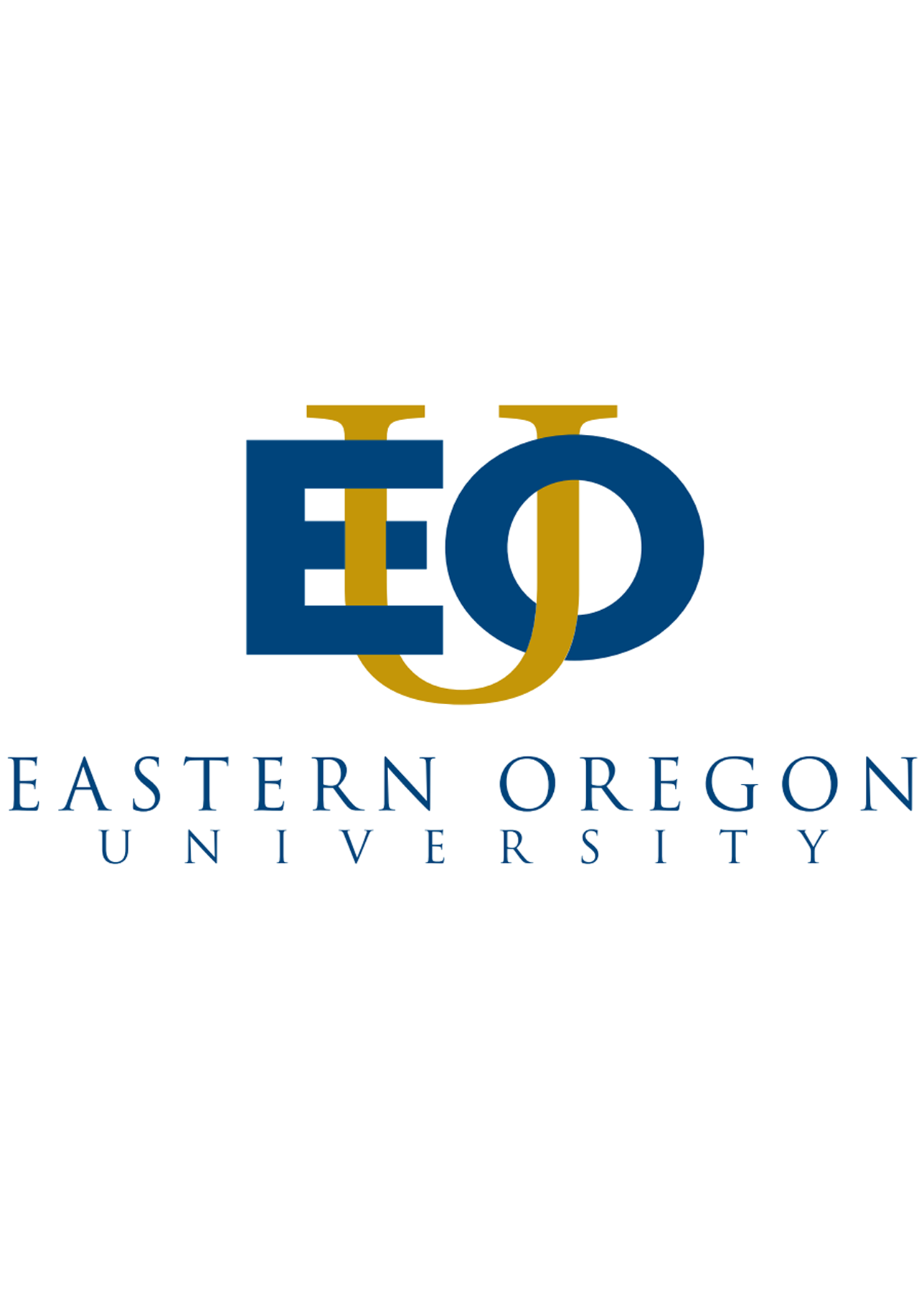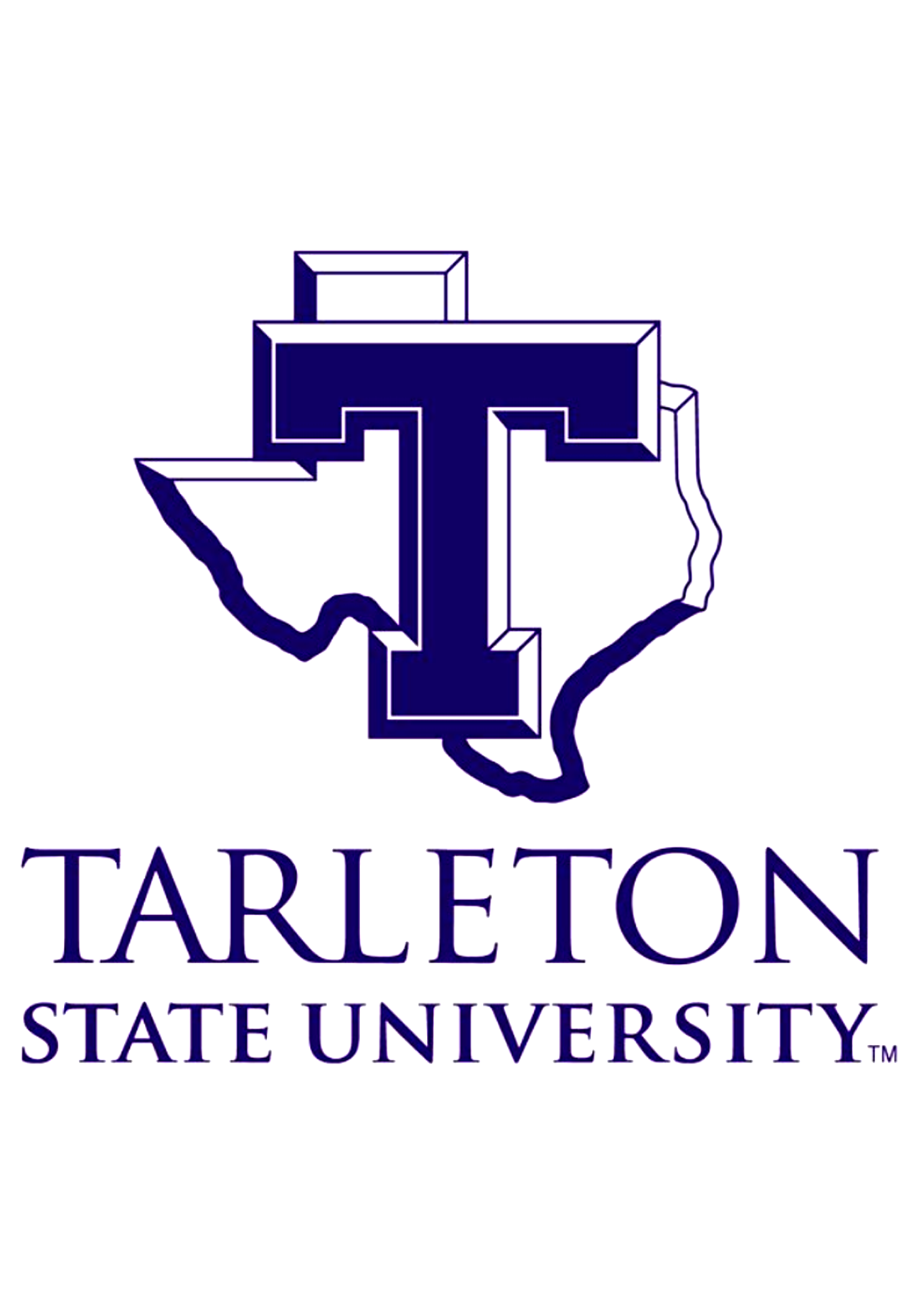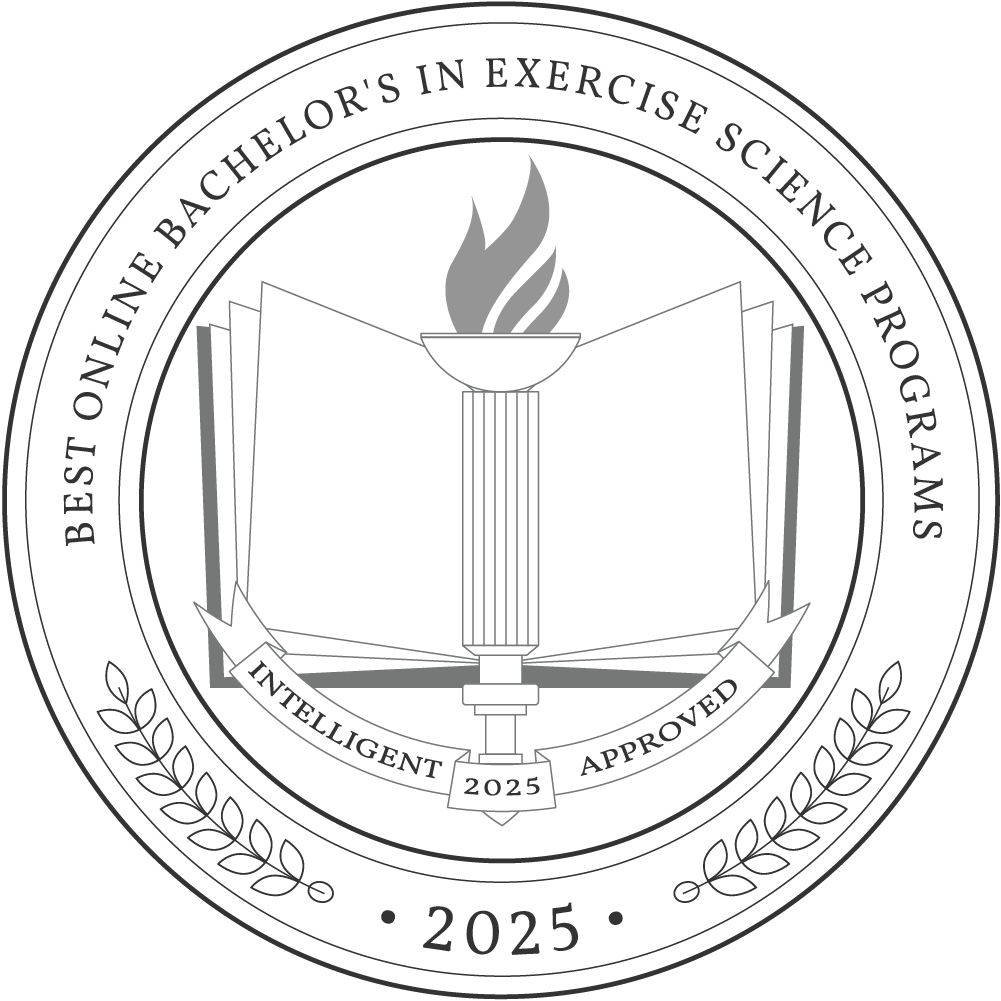Earning a bachelor’s degree in exercise science is a significant step to becoming a professional in the physical health field. Graduates help others achieve their fitness, health, and sports performance goals as fitness trainers and instructors. Degree holders seek careers in physical therapy, personal training, exercise physiology, health promotion, and health education.
Jobs for fitness trainers and instructors are expected to grow 14% by 2032. According to the Bureau of Labor Statistics, the median salary for fitness trainers and instructors is $46,480 per year or $22.35 per hour.
As for cost, the average tuition for an undergraduate degree is $7,998 per year at public schools and $34,923 per year at private schools.
Why Trust Us
The Intelligent.com Higher Education Team is dedicated to providing students with independent, equitable school and program rankings and well-researched resources. Our expert-driven articles cover topics related to online colleges and programs, paying for school, and career outlooks. We use data from the U.S. Department of Education’s College Scorecard, the National Center for Education Statistics, and other reputable educational and professional organizations. Our academic advisory team reviews content and verifies accuracy throughout the year for the most current information. Partnerships do not influence rankings or editorial decisions.
- Analyzed over 2,000 national, accredited, and nonprofit colleges and universities
- 800+ rankings pages are reviewed and updated yearly
- Content is informed by reputable sources, surveys, and interviews with academic advisors and other experts
- Over 100 data points are reviewed for accuracy and quality throughout the year, including sources
How we rank schools
Our list features the best online Exercise Science degree programs at top colleges nationwide. Each school featured is a nonprofit, accredited institution — either public or private — with a high standard of academic quality for post-secondary institutions.
We evaluated each school’s program on tuition costs, admission, retention and graduation rates, faculty, reputation, and the student resources provided for online students. We collected data from trusted sources like the National Center for Education Statistics, individual school and program websites, school admissions counselors, and other data sources. Then, we calculated the Intelligent Score on a scale of 0 to 100 based on the following criterion:
Academic Quality:
- Admission rate versus enrollment rate
- Retention rate of students who return after year one
- Accreditation status (regional and programmatic)
- Nonprofit status, both private and public institutions
Graduation Rate
- Overall graduation rate
- Total number of currently enrolled students, including diversity metrics
- Student-to-faculty ratio
Cost and ROI
- In-state and out-of-state per-credit tuition rates and fees
- Required credits to graduate
- Earning potential after graduation
- Availability of federal student loans, scholarships, and other financial aid options
Student Resources
- Available student services for online-only and hybrid programs
- On-campus amenities like tutoring centers and the number of libraries
Read more about our ranking methodology.
Best 9 Accredited Online Bachelor’s in Exercise Science Degree Program
FiltersInstitution Type
Status
- Intelligent Score
- Alphabetically By University Name
- Acceptance Rate
- Enrollment
- In-state Graduate Tuition
- Out-of-state Graduate Tuition
- In-state Undergraduate Tuition
- Out-of-state Undergraduate Tuition

CSP Global
Intelligent Score: 99.75In-state: $32,660
Out-of-state: $32,660
In-state: $9,090
Out-of-state: $9,090
SAT: 990-1180
ACT: 19-25
$420
Online
Higher Learning Commission
120

The University of Kansas
Intelligent Score: 99.62In-state: $10,092
Out-of-state: $26,960
In-state: $9,989
Out-of-state: $9,989
SAT: 1070-1320
ACT: 22-29
$485
Online, On-campus
Higher Learning Commission
120

Eastern Oregon University
Intelligent Score: 99.59In-state: $7,830
Out-of-state: $20,520
In-state: $17,550
Out-of-state: $17,550
SAT: N/A
ACT: N/A
$316
Online
Northwest Commission on Colleges and Universities
180

Tarleton State University
Intelligent Score: 97.04In-state: $4,951
Out-of-state: $14,123
In-state: $4,248
Out-of-state: $4,248
SAT: 940-1120
ACT: 18-23
$439
Online, On-campus
Southern Association of Colleges and Schools Commission on Colleges
120

Arizona State University
Intelligent Score: 96.1In-state: $10,710
Out-of-state: $28,800
In-state: $11,720
Out-of-state: $11,720
SAT: 1100-1320
ACT: 21-28
$574
Online
Commission on Accreditation of Allied Health Education Programs
120

Maryville University
Intelligent Score: 95.04In-state: $24,766
Out-of-state: $24,766
In-state: $14,346
Out-of-state: $14,346
SAT: N/A
ACT: N/A
$781
Online
Higher Learning Commission
128

Cameron University
Intelligent Score: 92.28In-state: $4,740
Out-of-state: $14,160
In-state: $3,564
Out-of-state: $3,564
SAT: N/A
ACT: N/A
In-State: $230
Out-of-State: $544
Online, On-campus
Higher Learning Commission
124

Ottawa University
Intelligent Score: 91.74In-state: $29,980
Out-of-state: $29,980
In-state: $15,576
Out-of-state: $15,576
SAT: 750-990
ACT: 18-22
$499
Online, On-campus
Higher Learning Commission
120

Pennsylvania Western University
Intelligent Score: 91.39In-state: $28,700
Out-of-state: $33,322
In-state: $31,723
Out-of-state: $31,723
SAT: 950 - 1070
ACT: 20 - 26
In-State: $322
Out-of-State: $328
Online
Middle States Commission on Higher Education
120.0
How to Choose an Online Bachelor’s in Exercise Science Degree Program
Choose your area of study
This degree is typically offered as a Bachelor of Science (BS). Many online bachelor’s in exercise science programs will allow you to select a concentration and focus your studies on a particular niche in this field, such as kinesiology, physical education, or nutrition. If you already know what you would like to do after you graduate, look for programs that closely match these career goals.
Research schools and programs
You should only apply to institutions that have been approved by a DOE-recognized regional accrediting organization, such as the New England Commission of Higher Education or Northwest Commission on Colleges and Universities. These organizations evaluate schools to ensure they provide students with a high-quality education. Those who attend a school that isn’t regionally accredited may be unable to access financial aid or transfer credits to another institution if needed.
Also, you should look into whether programs offer services such as tech support, mentorship, virtual tutoring, or career counseling.
To learn more about any schools that you’re interested in, you can visit the school’s website, contact an admissions counselor, follow the school on social media, or attend an in-person or virtual open house.
Prepare for tests and applications
Speak with an admissions counselor first for information about application procedures and if a standardized test is required. The school’s website likely has details and links. The majority of schools demand a high school diploma or GED. Some colleges only accept applicants with a high school grade point average of 2.8 or higher. Applicants with low grade point averages might be accepted with a high ACT or SAT score.
Application requirements vary by school and program, but the most commonly requested materials include:
- Official transcripts from high school and any prior colleges
- A resume or CV that lists experience, jobs, and extracurricular activities
- Two to three letters of recommendation from teachers, employers, or mentors who can attest to your characteristics, work ethics, and achievements
- An application essay or personal statement to highlight your career goals and academic accomplishments
The most selective schools usually set earlier application deadlines. Most schools accept applications and supplemental materials electronically.
Select your program
Before making your final decision, review your needs and goals again. Do you plan to attend school full-time or part-time? Do you want your program to be as online as possible, or are you fine with a hybrid program that has a fair amount of in-person requirements? Some programs offer asynchronous courses, which can be completed at your own pace, while others only offer synchronous courses, which involve remotely attending lectures and completing assignments at the same time as other students — which of these two online learning formats do you prefer? Your school should accommodate your scheduling needs and learning preferences.
Determine how you’ll pay for your degree
Speak to financial aid counselors at the schools you’re interested in for the most accurate and specific information about program cost. To help fund your education, be sure to fill out the Free Application for Federal Student Aid (FAFSA) each academic year — this will determine your eligibility for federal grants and loans. Those who already work in the field should see if their employer offers tuition assistance benefits as well.
Other funding options include:
- Scholarships from private organizations
- Work-study programs
- Assistantships
- Fellowships
- Private loans
What Can You Expect From an Online Bachelor’s in Exercise Science Degree Program?
This 120-128 credit hour program incorporates general education classes and classes on human anatomy, physiology, nutrition, and sports psychology. Within the subcategory of exercise science are many subdisciplines of study: health and wellness, exercise physiology, and movement science. Various programs offer concentrations in strength and conditioning, kinesiology, and coaching.
Learners explore how the human body moves and reacts to physical exertion. They also learn how body mechanics and environmental factors affect bodily movements at the molecular and cellular levels. Students will master key terms and functions of various body systems and explore the link between human activity and nutrition.
Some programs require students to complete a capstone project in the final semester to express different theories and concepts. An internship or supervised hands-on field placement is necessary with some degrees. Programs may include tests in a laboratory or home lab kit.
Potential courses you’ll take in an online bachelor’s in exercise science degree program
- Community Health. Students explore health issues and resources applying to a variety of different populations. They also examine methods to improve health quality in high-risk areas.
- Health Psychology. By studying the key characteristics of psychology, students realize how to integrate this factor into their work.
- Nutrition and Performance. Lectures concentrate on metabolism, nutrients, digestion, and hydration. Enrollees design diets for assorted body types and use strategies to motivate and encourage clients to stick to health plans.
- Biomechanics. Class members receive an overview of human body movement. Topics feature the relationship and elasticity of muscles, tendons, and bones.
- Behaviors in Fitness. Students familiarize themselves with the behaviors related to poor and optimal health and wellness, and they learn how to develop techniques to improve health through behavior change.
What Can I Do With an Online Exercise Science Degree?
Career outlook
An online bachelor’s degree in exercise science leads to careers in exercise physiology, fitness, and health and physical education. These professions offer graduates the chance to help others develop their physical fitness, whether working with children or professional athletes.
If students continue their education and earn graduate degrees, such as a master’s degree or Ph.D. in exercise science, they can find additional professional opportunities in the medical field.
Some of the most common occupations for workers with this degree include:
- Exercise physiologist — Develop exercise plans to help patients or clients with individual health and fitness needs in clinics, hospitals, and sports settings.
- Median annual salary: $54,860
- Projected employment growth (through 2032): 10%
- New jobs projected: 1,200 per year
- Fitness trainers and instructors — Work with clients to improve their physical fitness as personal trainers or class instructors in health clubs, gyms, or fitness studios.
- Median annual salary: $46,480
- Projected employment growth (through 2032): 14%
- New jobs projected: 69,000 per year
- Coaches and scouts — Guide athletes of all ages, from children to adults, to excel in a particular sport and optimize their physical performance.
- Median annual salary: $45,910
- Projected employment growth (through 2032): 9%
- New jobs projected: 38,400 per year
Online Bachelor’s in Exercise Science Degree Frequently Asked Questions
How do I apply to an online bachelor’s in exercise science degree program?
Contacting an admissions counselor is the most effective way to get all the information about application requirements and procedures. Start by keeping track of all significant dates and deadlines with a checklist. Group together all required materials:
How much does an online bachelor’s in exercise science degree cost?
The school, the program, and the student’s circumstances affect the cost of attaining a bachelor’s degree. On average, the tuition for an undergraduate degree costs $14,688 per year. Institutions may add fees for technology, labs, libraries, and other resources. Books and supplies usually add around $1,300 to the annual expense. Other potential costs include:
- Tablets, software, laptops, headphones
- High-speed internet access
- Experiential learning activities like an internship or practicum requiring travel
How long does it take to earn an online bachelor’s in exercise science degree?
Enrollment time might differ due to the number of required credits, the student’s prior education, and the pace of study. Typically, it takes four years of full-time study to obtain a degree. Elements that might contribute to program length include:
- Learners who can take more credits per semester or summer courses might finish in less than four years.
- Experiential learning can add time to the program.
- Students with an associate degree in exercise science should be able to transfer in a significant number of credits.
Is an online bachelor’s degree in exercise science worth it?
According to the Bureau of Labor Statistics, workers with a bachelor’s degree tend to make more money and face less unemployment than those with less education.
In addition, many jobs in the field of exercise science require additional certifications alongside a bachelor’s degree. While other certifications, such as a certified personal trainer (CPT), require a high school diploma or GED, certifications like an ACSM-certified exercise physiologist require a bachelor’s degree.

